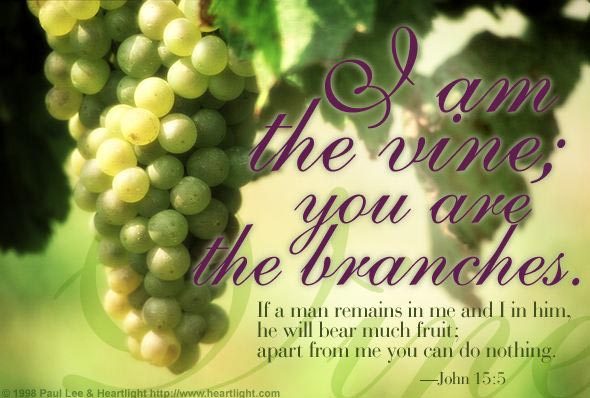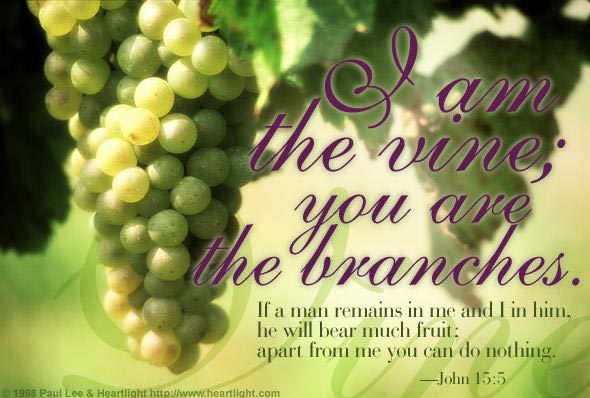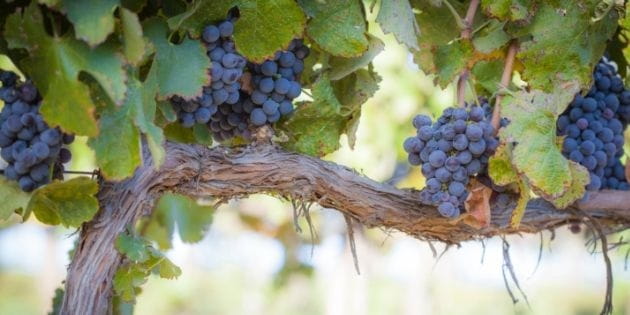
1 Samuel 8
Over the last few decades there has been a lot of discussion about the separation of the church and the state. While I don’t believe a pastor should direct the congregation to vote for a specific candidate, I also don’t think that the church should stand idly by and allow corruption and immorality to govern our nation.
DR. Adrian Rogers once said, “the church and state should remain separate institutionally, but the church should be the conscience of the state. “
The church is supposed to be the moral compass of the nation, unfortunately the church has largely compromised with culture to gain acceptance and numbers. As a result, the church has lost the authority to be the voice of morality. Churches and Christians see themselves as poor victims, a weak and victimized minority. But Jesus said in Matthew 5:14, “You are the light of the world…” As Christians and as the church, we are Christs ambassadors and when we sit idly by, Satan will continue to destroy this nation.
“Great nations rise and fall. The people go from bondage to spiritual truth, to great courage, from courage to liberty, from liberty to abundance, from abundance to selfishness, from selfishness to complacency, from complacency to apathy, from apathy to dependence, from dependence back again to bondage.” (Alexander Tytler 1747 to 1813)
In 1 Samuel 8 the nation of Israel was going through a leadership transition. The great prophet Samuel was old and the people began asking for a King. Under Samuel’s leadership, the nation had expanded, their enemies had been subdued and the nation’s surrounding Israel were at peace. But the people were not satisfied, they wanted a king and God gave them what they desired.
Israel saw the nations around them and asked for a king to be like those nations (1 Samuel 8:5). The people were crying out for a savior, they thought that Samuel would give them a King and he would solve all their problems. On the surface to ask for a king seemed like a reasonable request, it seemed like Israel was coming of age as a nation and needed to fit the mold of a successful nation. But this request upset Samuel because he realized that the nation had rejected God as their King and were looking for an earthly leader (verse 7).
Israel was once again turning their back on God. God’s chosen people, the people of the promise to Abraham, the same people of the covenant that God made with Moses on Mt Sinai, they wanted to settle for an earthly king to rule over them.
Sadly, in America today we are not much different, we look to a president or the leaders in Washington to solve our problems, instead of turning to the only one who can solve the problems of this nation and the world – Jesus Christ.
Israel had forgotten who they were, they had lost their moral compass. In response God tells Samuel to warn the nation that a king will require from them a heavy burden of taxes, their sons and daughters will be required to serve in his army and in his courts. The burden on the people will be heavy, but yet they demanded a king. God gave the children of Israel what they wanted, God in his great mercy and sovereignty gives nations what they ask for because ultimately God uses the leaders of nations for his purposes.
God chose Saul, a Benjamite, to be the first King of Israel. We read in chapter 9 and 10 of 1 Samuel, how God chose Saul, who seemed to have amazing leadership skills and potential to be a powerful King. Unfortunately, Saul became a bad king and just as God had said he would, the nation became his slaves. Bad leaders enslave their people, and that is what Saul did.
We need to prayerfully consider the choice of the election ballot, as a nation God will give us the president we ask for. As believers we have a divine voting guide, it is the Word of God. Don’t be misled for one minute into thinking that the Word of God does not apply to your choice on Tuesday November 3, it has everything to do with it (see Psalm 119:105 and Proverbs 29:2).
Our nation is facing some incredible challenges. As Christians, who are we looking to? If we place our hope in the next president, whomever that may be, we will be disappointed. The day after the election, God will still be on the throne, ruling and managing the worlds affairs. God has never needed a king or a president, he raises them up and he puts them down for his purposes.
There are so many issues that we can identify in the world that need fixing, there is no human leader who can possibly solve all of the nation’s problems. Our only hope is in Jesus Christ, the King of Kings.
There is nothing wrong with being involved in politics or voicing our frustrations with the leaders of our country, but we must view everything from an eternal perspective. As followers of Jesus Christ this world is not our home, we must put our trust in Jesus Christ and in no one else.
Do you have an eternal perspective?
Some Christian’s are more afraid of their political party losing the election than they are afraid of their friends and loved ones spending eternity in hell.
Sometimes we get so anxious about the temporal kingdoms here on earth that we forget about God’s eternal Kingdom (1 Peter 2:9-10).
Join with me in praying with repentance for God to heal our nation.




